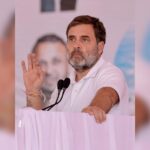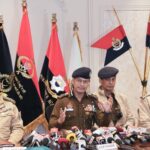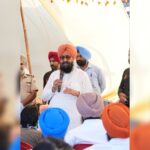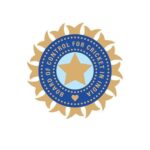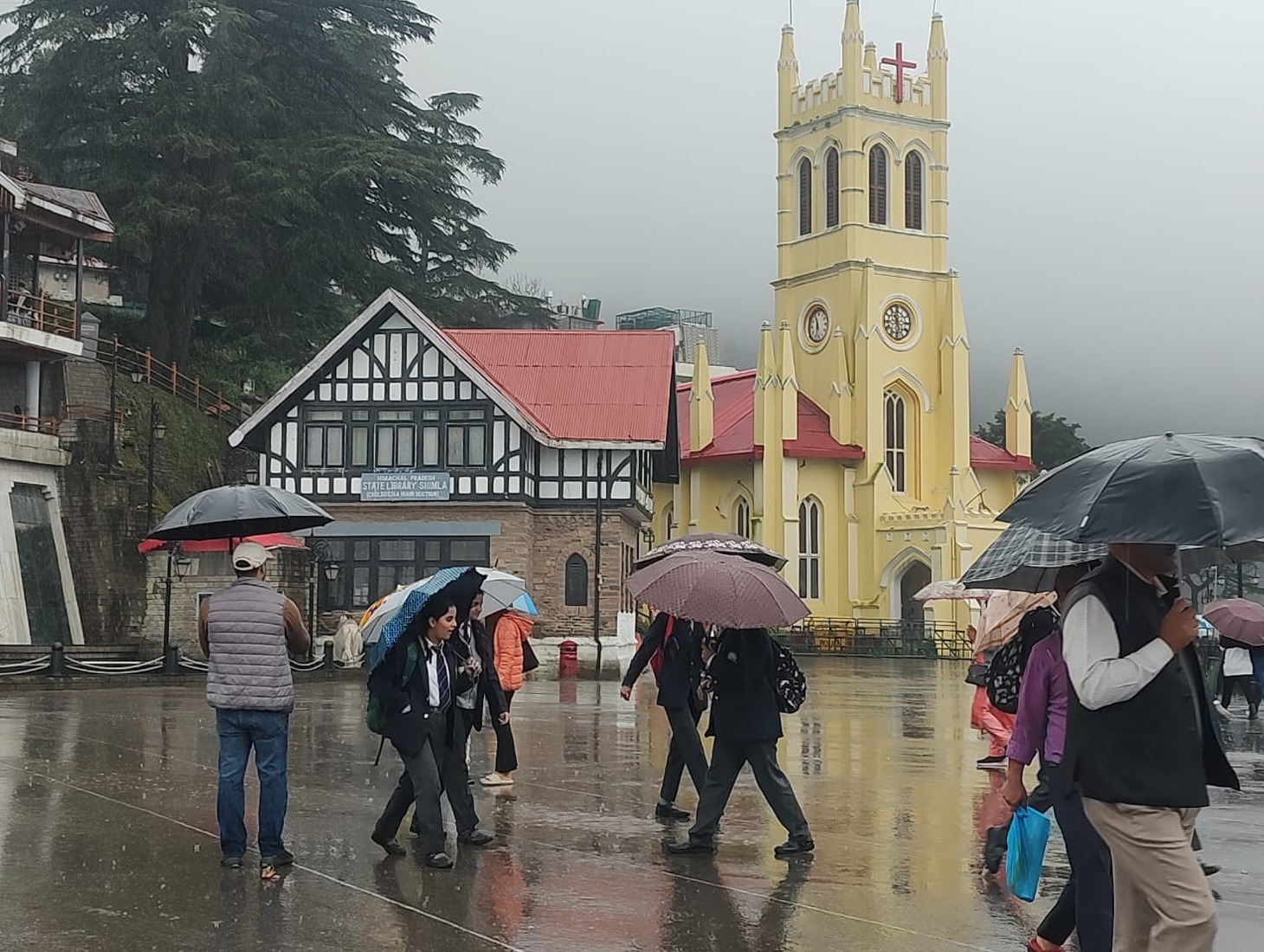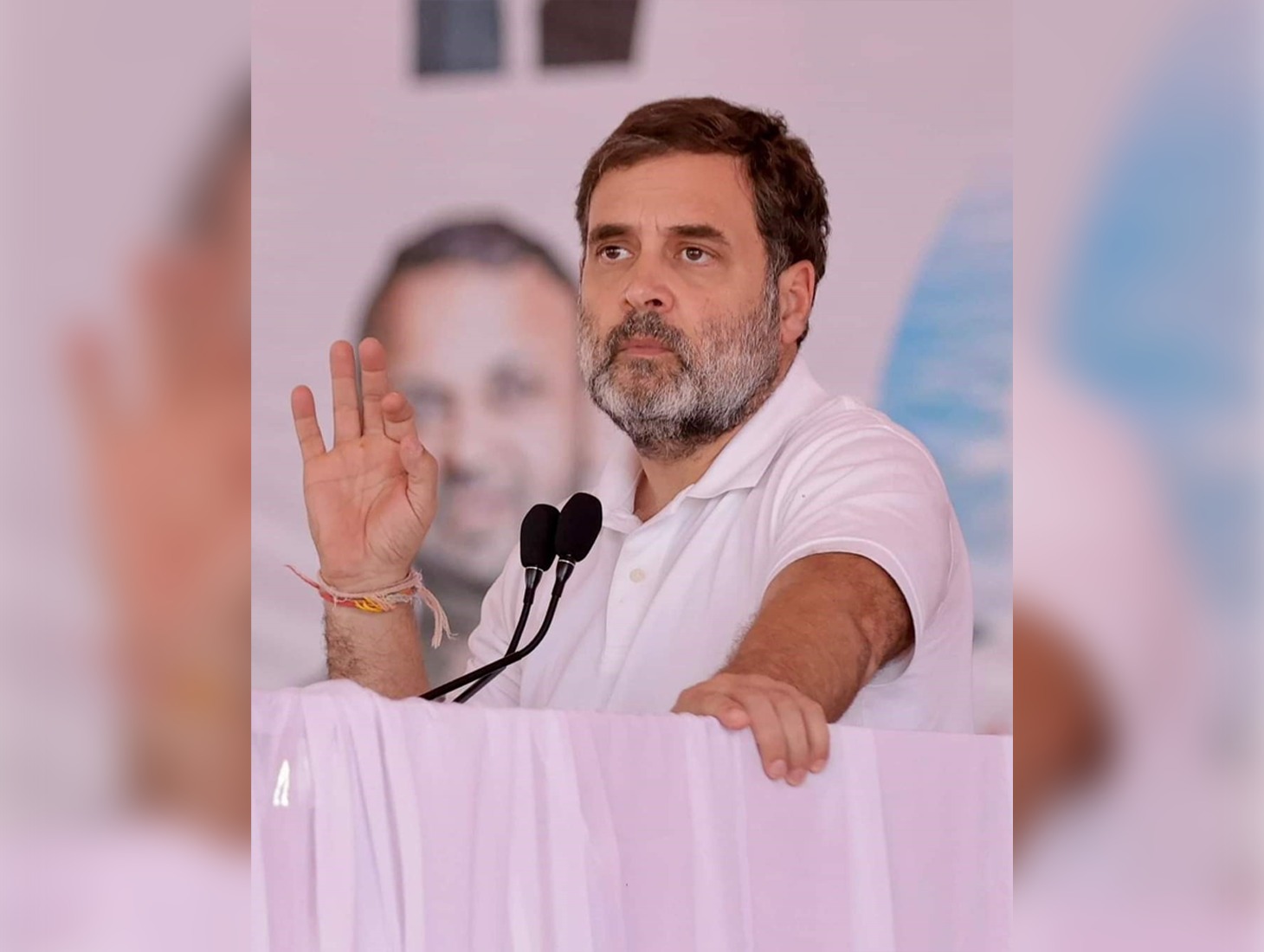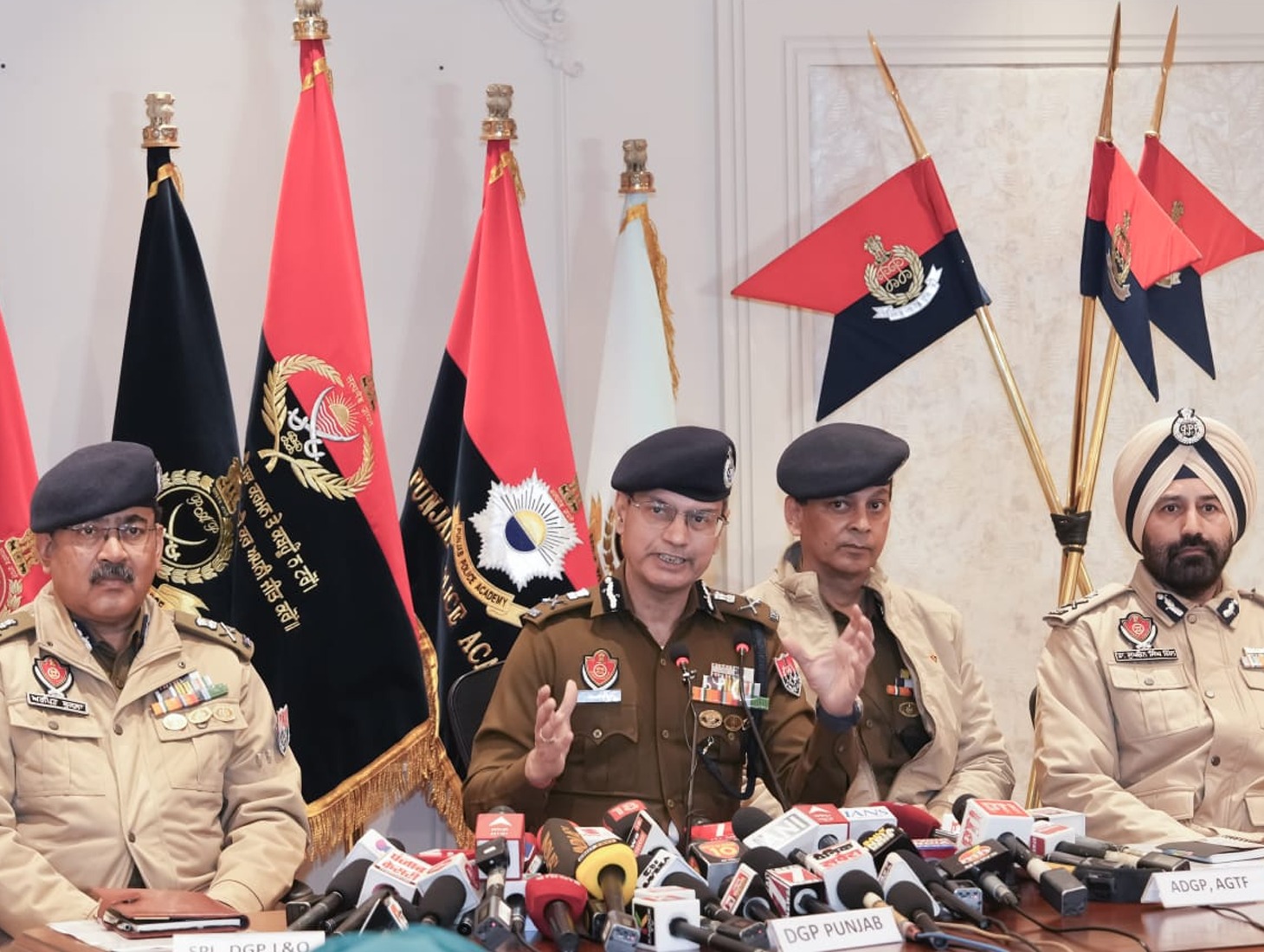North NEWS
New Delhi, December 17
The Lok Sabha on Tuesday admitted the Constitution (One Hundred and Twenty-Ninth Amendment) Bill, 2024, commonly known as the “One Nation, One Election” Bill, with 269 votes in favor and 198 votes against. Union Law Minister Arjun Ram Meghwal introduced the bill and requested Lok Sabha Speaker Om Birla to refer it to a Joint Parliamentary Committee for further discussion.
The amendment aims to streamline the election process by synchronizing the election cycles of the Lok Sabha and State Assemblies, allowing voters to cast ballots on the same day for both national and state elections. Though the vote would occur in phases, the proposal intends to reduce logistical challenges, costs, and the disruption caused by frequent elections.
In addition to the amendment, Meghwal also announced plans to introduce the Union Territories Laws (Amendment) Bill, 2024, to synchronize elections in Jammu and Kashmir, Puducherry, and Delhi.
Prime Minister Narendra Modi’s administration has emphasized the efficiency and cost-saving potential of “One Nation, One Election.” Shivraj Singh Chouhan, Union Minister, praised the proposal as a “revolutionary decision” that would eliminate the continuous election cycle hindering the country’s development.
However, the proposal faces opposition from Congress, which calls it anti-federal and unconstitutional, asserting that the BJP lacks the required two-thirds majority to pass a constitutional amendment. The BJP also plans to send notices to 20 MPs who skipped voting on the bill.
The idea of simultaneous elections is seen as a way to improve administrative efficiency and maintain policy continuity. The proposal, discussed in the High-Level Committee Report on Simultaneous Elections, has drawn mixed reactions, with some defending its potential to streamline governance, while others question its implications on India’s federal structure.
The “One Nation, One Election” (ONOE) proposal, which seeks to align the election cycles of the Lok Sabha and state assemblies, has drawn sharp criticism from opposition leaders, who argue that it undermines India’s federal structure. Congress MP Manish Tewari described the proposal as a direct threat to the Constitution’s federal principles, while Samajwadi Party leader Dharmendra Yadav warned that it could pave the way to a “dictatorship.”
However, Union Law Minister Meghwal remained resolute, defending the proposal as a measure aimed at enhancing progress, stability, and efficiency, rather than consolidating power. Meghwal reiterated the government’s position that ONOE is focused on streamlining governance and improving administrative functioning.
India’s democratic system has long been characterized by a vibrant electoral process, which allows citizens to shape governance at every level. Since independence, more than 400 elections to the Lok Sabha and state assemblies have been held, with the Election Commission of India upholding a commitment to fairness and transparency. However, the fragmented and frequent nature of these elections has sparked debates on the need for a more efficient electoral system, bringing the ONOE concept to the forefront.
In September 2024, the High-Level Committee on Simultaneous Elections released a detailed report providing a roadmap for implementing the ONOE proposal. Its recommendations were endorsed by the Union Cabinet, marking a significant step toward electoral reform. Proponents argue that synchronizing elections across the nation could improve administrative efficiency, reduce election-related costs, and promote policy continuity.
As India seeks to optimize its democratic processes, the ONOE initiative has emerged as a key reform, though its implementation requires careful deliberation and broad political consensus. While the proposal has been hailed by some as a means to reduce the disruptive and expensive nature of frequent elections, opposition parties remain critical, arguing that it could centralize power at the expense of India’s federal fabric.





